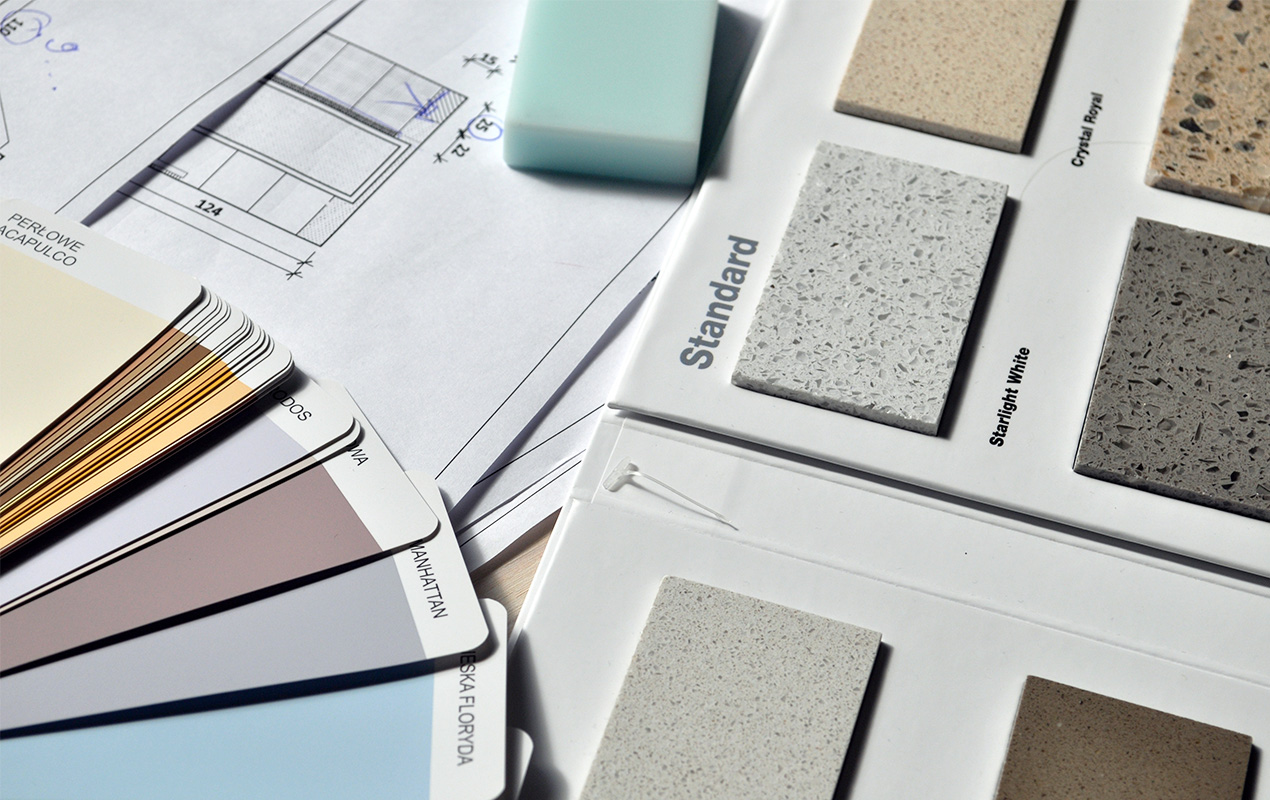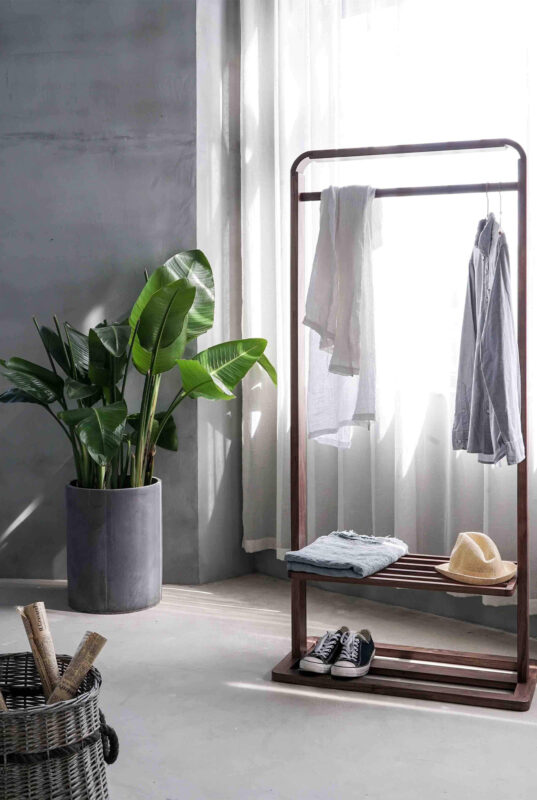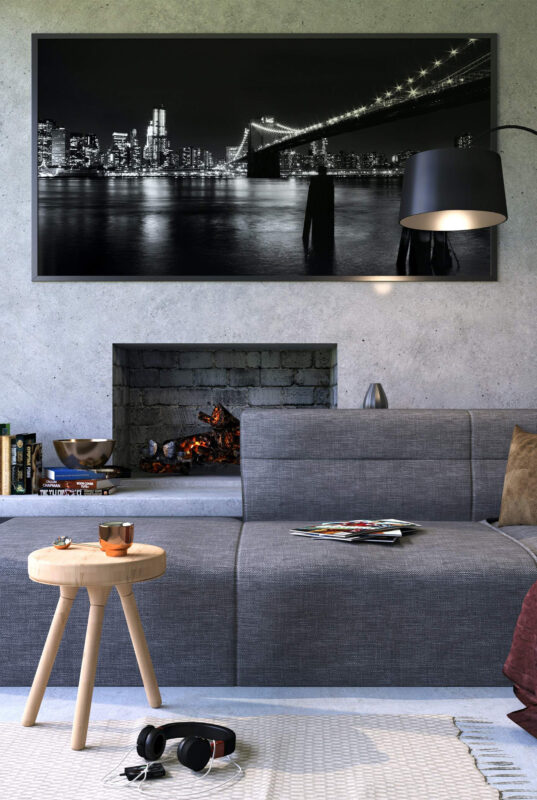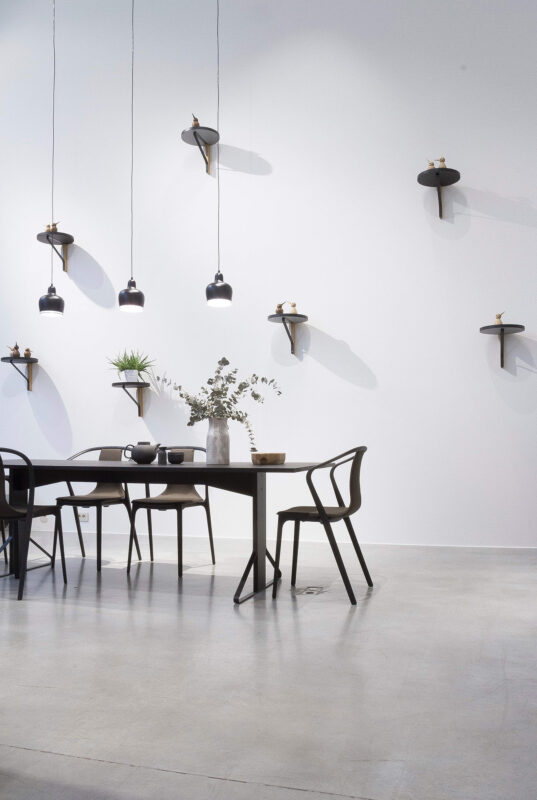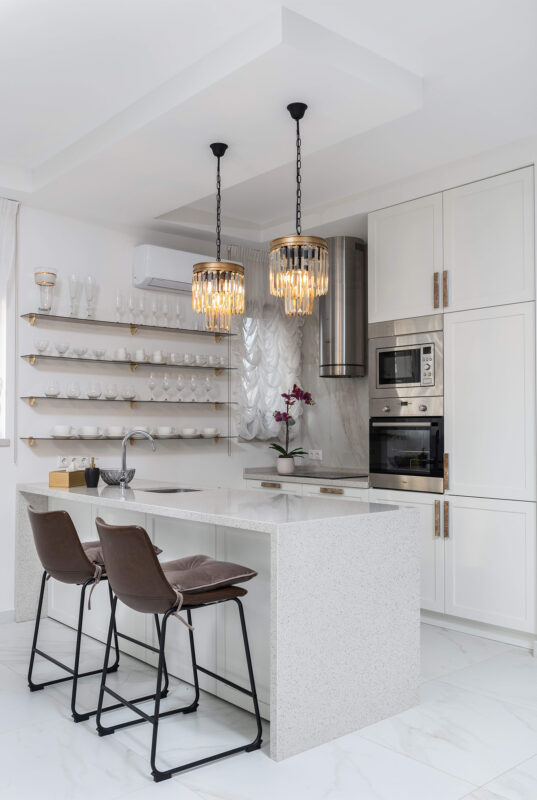Heat Pump vs Air Conditioner: Which is Right for You?

You need to replace your old cooling system, but you’re stuck between getting a heat pump or sticking with a traditional air conditioner. Both cool your home, but they work differently and have distinct advantages depending on your situation.
The main difference? An air conditioner only cools your home, while a heat pump can both heat and cool. This dual functionality makes heat pumps appealing, but they’re not always the best choice for every climate or budget.
Your decision between a heat pump and an air conditioner affects your comfort, energy bills, and long-term costs. Here’s what you need to know about how these systems work, their costs, when to make the switch, where to get a heat pump for sale, and which one makes sense for your home.
What is the Difference Between a Heat Pump and an Air Conditioner?
A heat pump works like a reversible air conditioner. During summer, it removes heat from inside your home and dumps it outside, just like an AC. But in winter, it reverses this process, extracting heat from outdoor air and moving it inside to heat your home.
The key components include:
- Outdoor unit – contains a compressor and a heat exchanger that absorbs or releases heat
- Indoor air handler – distributes cooled or heated air through your ductwork
- Refrigerant lines – carry heated or cooled refrigerant between units
- Reversing valve – switches the system between heating and cooling modes
Even when it’s 20°F outside, a heat pump can extract heat from the outdoor air. This seems impossible, but refrigerant can absorb heat even from very cold air. To ensure this process operates efficiently throughout the year, proper heating system installation and maintenance are crucial. A well-installed and regularly serviced system allows the heat pump to perform optimally even in colder climates.
How Does an Air Conditioner Work?
An air conditioner moves heat in one direction only – from inside your home to outside. It can’t reverse this process to provide heating.
The cooling process works like this:
- Indoor evaporator coil absorbs heat from your home’s air
- Refrigerant carries this heat to the outdoor condenser unit
- Outdoor coil releases heat into the outside air
- Cool air gets distributed through your ductwork
- Process repeats continuously while the AC runs
Air conditioners excel at cooling but need a separate heating system like a gas furnace or electric heat to warm your home during winter.
Key Differences in Functionality
Heating and Cooling Capabilities: Heat Pump and Air Conditioner
The biggest difference between these systems is what they can do:
Heat pumps provide:
- Summer cooling (just like an AC)
- Winter heating (replacing your furnace)
- Year-round comfort from one system
- Heat transfer rather than heat generation
Air conditioners provide:
- Summer cooling only
- Must pair with a separate heating system
- Specialized cooling performance
- Simple, reliable operation
According to the U.S. Department of Energy, heat pumps can be 2-3 times more energy efficient than traditional heating methods because they move heat rather than generate it.
Can a Heat Pump Provide Heating vs Air Conditioner Cooling Only?
Yes, heat pumps can provide both heating and cooling, while air conditioners only cool. This makes heat pumps attractive for homeowners who want one system to handle year-round comfort.
However, heat pump heating performance depends on outdoor temperature. As it gets colder outside, heat pumps work harder and become less efficient. Most heat pumps include backup electric heat strips for extremely cold weather.
Air conditioners paired with gas furnaces often provide better heating performance in cold climates, though at higher operating costs and with two separate systems to maintain.
For larger properties, commercial building HVAC systems follow similar principles but require more complex equipment like a Reznor HVAC designed for bigger spaces and higher capacity needs.
Energy Efficiency: Heat Pump vs Air Conditioner
Which System Offers Better Energy Efficiency?
For cooling, modern heat pumps and air conditioners achieve similar efficiency ratings (14-22 SEER). The real efficiency difference shows up in heating mode.
Cooling efficiency comparison:
- High-efficiency heat pumps: 16-22 SEER
- High-efficiency air conditioners: 16-22 SEER
- Both use similar technology for cooling operations
Heating efficiency comparison:
- Heat pumps: 8-13 HSPF (200-400% efficient)
- Gas furnaces: 80-98% AFUE
- Electric heat: Nearly 100% efficient but expensive
Heat pumps win on heating efficiency because they move heat instead of creating it. However, gas furnaces may cost less to operate where natural gas is cheap.
Heat Pump Efficiency in Different Climates
Heat pump performance varies significantly by climate:
- Mild climates (Zones 1-3): Heat pumps excel year-round with minimal backup heating needed. Operating costs are typically 30-50% lower than those of an AC plus gas furnace.
- Moderate climates (Zones 4-5): Heat pumps work well most of the year but need backup heat during cold snaps. Still offer good savings over traditional systems.
- Cold climates (Zones 6-7): Cold climate heat pumps maintain efficiency down to 5°F but cost more upfront. May use significant backup heating.
- Very cold climates (Zone 8): Heat pumps struggle with frequent backup heating. AC plus gas furnace often more cost-effective.
Cost Comparison: Heat Pump vs Air Conditioner
| System Type | Equipment Cost | Installation Cost | Annual Operating Cost | Lifespan |
| Central AC + Gas Furnace | $4,000-$8,000 | $3,000-$6,000 | $800-$1,200 | 15-25 years |
| Heat Pump System | $5,000-$10,000 | $3,500-$7,000 | $600-$1,000 | 10-15 years |
| High-Efficiency Heat Pump | $6,000-$12,000 | $4,000-$8,000 | $500-$900 | 12-18 years |
Initial Cost of Heat Pump vs Air Conditioner
Heat pumps typically cost more upfront than air conditioners because they’re more complex systems:
Air conditioner costs:
- Standard efficiency (14-16 SEER): $3,000-$6,000
- High efficiency (18+ SEER): $4,000-$8,000
- Installation: $2,000-$4,000
Heat pump costs:
- Standard efficiency (14-16 SEER): $4,000-$7,000
- High efficiency (18+ SEER): $5,000-$10,000
- Cold climate models: $6,000-$12,000
- Installation: $3,000-$6,000
However, heat pumps replace both your AC and heating system, so compare total system costs rather than just cooling equipment.
We recommend checking trusted stores like SnookHVAC and HVACstore for quality heat pumps and air conditioning units, as they have competitive prices and excellent customer support to help you find the right system for your home.
Long-term Savings and Maintenance Costs
According to Energy Star data, homeowners can save $300-$900 annually on heating and cooling costs by upgrading to an efficient heat pump system compared to older equipment.
Operating cost factors include:
- Local energy prices – electricity vs natural gas rates affect which system costs less
- Climate zone – heat pumps save more in moderate climates
- Home insulation – well-insulated homes benefit more from heat pump efficiency
- Usage patterns – consistent temperatures favor heat pumps
Maintenance costs are similar for both systems, though heat pumps get more use since they run year-round. Plan for filter changes every 1-3 months and annual professional service.
What is Involved in Installing a Heat Pump?
Heat pump installation involves several considerations:
- Electrical requirements – heat pumps need 220V power and may require panel upgrades
- Outdoor unit placement – needs proper clearances and drainage
- Indoor air handler – replaces furnace or connects to existing ductwork
- Refrigerant lines – connect the indoor and outdoor units
- Thermostat upgrade – heat pumps need compatible controls
Installation typically takes 1-2 days for straightforward replacements, longer if electrical work is needed.
Air Conditioning System Installation Requirements
Air conditioner installation is generally simpler:
- Electrical needs – usually works with existing electrical service
- Outdoor unit – connects to existing indoor coil or air handler
- Refrigerant lines – shorter runs in most cases
- Thermostat – basic cooling controls are sufficient
AC installation often takes just one day since it’s usually replacing similar equipment.
When Should You Choose a Heat Pump Over an Air Conditioner?
Choose a heat pump if:
- You live in climate zones 1-5 (mild to moderate winters)
- You want one system for heating and cooling
- You have high heating costs with the current system
- You prefer electric systems over gas
- Environmental impact matters to you
Choose AC plus furnace if:
- You live in very cold climates (zones 6-8)
- You have access to cheap natural gas
- Your current gas furnace works well
- Upfront cost is a major concern
- You prefer proven, simple technology
Factors Influencing Your Decision: Cost, Efficiency, and Climate
Consider these factors when choosing between systems:
Climate factors:
- Average winter temperatures in your area
- Length of heating season
- Frequency of extreme cold weather
Cost factors:
- Local electricity vs gas prices
- Available rebates and tax credits
- Current equipment condition and age
- Home insulation and efficiency
Lifestyle factors:
- Preference for single vs dual systems
- Environmental concerns
- Comfort expectations and temperature control needs
Most homeowners in moderate climates benefit from heat pumps, while those in very cold areas or with cheap natural gas often prefer AC plus gas furnace combinations.
Frequently Asked Questions
- Is a heat pump more efficient than an air conditioner?
- How much more does a heat pump cost than an AC?
- Can I use a heat pump in cold climates?
- How long do heat pumps last compared to air conditioners?
- Should I replace my AC with a heat pump?










